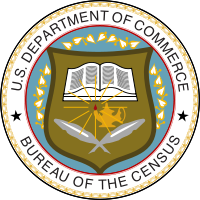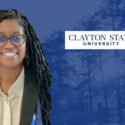 College-bound students with broadband internet access in the home can use the vast resources of the web efficiently to find the college that best suits their needs. They can access practice tests for the SAT or ACT college entrance admission examinations. They can seek out college scholarships through the great number of databases that are maintained online. They can apply to colleges on the internet, saving themselves time and money. And perhaps most important, as the internet is a huge online library at one’s fingertips, it can be used to enhance learning that will better prepare a student for the rigors of a college education.
College-bound students with broadband internet access in the home can use the vast resources of the web efficiently to find the college that best suits their needs. They can access practice tests for the SAT or ACT college entrance admission examinations. They can seek out college scholarships through the great number of databases that are maintained online. They can apply to colleges on the internet, saving themselves time and money. And perhaps most important, as the internet is a huge online library at one’s fingertips, it can be used to enhance learning that will better prepare a student for the rigors of a college education.
Thus, any racial disparity in access to the internet is extremely important.
New data from the U.S. Department of Commerce finds that 55 percent of African American households have broadband Internet access in their homes. For Whites the figure is 72 percent. Some of the digital divide is closed by the fact that African Americans are more likely than Whites to access the internet through smartphones. But the broadband services in the home allow for faster and more efficient use of the web and here Whites holds a significant advantage.










We have every reason to close the Digital Divide as much as we can come 2012 and beyond.
Individuals can’t attend college online using a smart phone. We need to get internet access in our homes and use it for something other than socializing and sports.